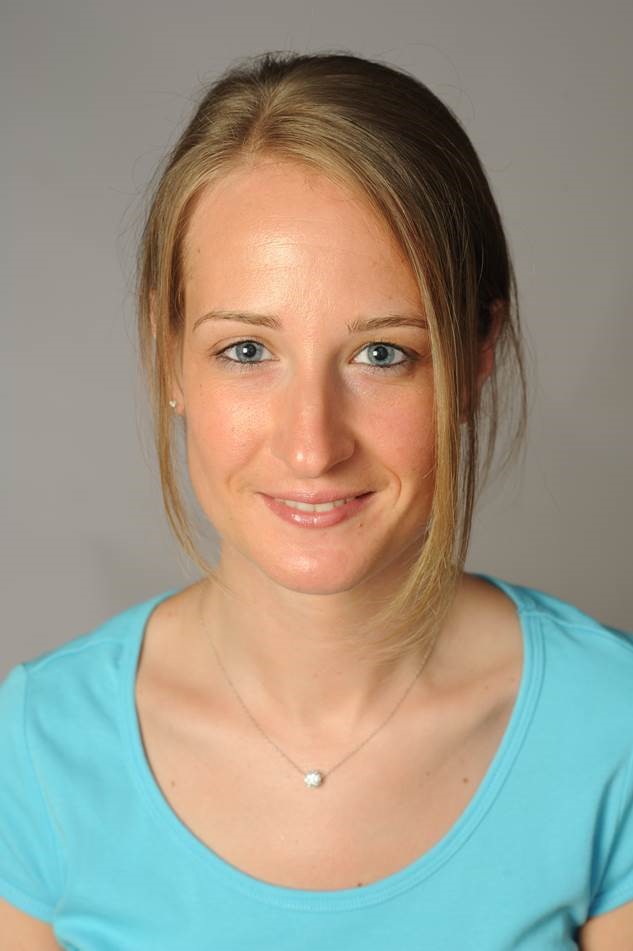Caring and management of patients with Inflammatory Bowel Disease: a focus on specialist nursing interventions

Rosanna Irene Comoretto
© Rosanna Irene Comoretto
|
Background & aim of research
The number of specialist nurses dedicated to the care and management of patients with Inflammatory Bowel Disease (IBD) is increasing across Europe, and their role is widening. Despite the increased interest in the opportunities associated with this emerging healthcare professional role, from the perspectives of both patients and clinicians, scarce evidence is available on the effectiveness of specialist nursing interventions. An in-depth review of the impact of specialist nursing interventions on the care and management of patients with IBD, and especially on the health-related quality of life (QoL), is needed.
The main outcome of interest in this context is clinical remission (the proportion of patients in whom remission is achieved or maintained). Additional outcomes are: the proportion of hospital admissions/readmissions, the length of hospital stay, clinical improvement, patients’ QoL and the effectiveness of treatment.